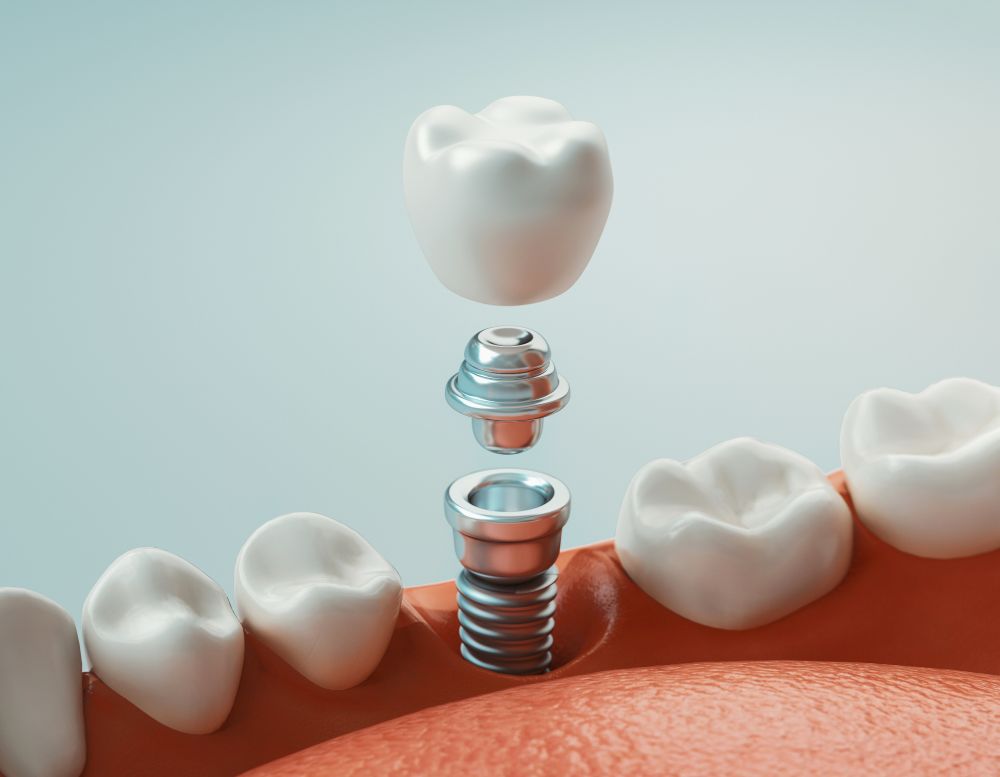Dental implants refer to tooth replacement options that have transformed modern dentistry. These permanent solutions to dental problems offer similar function and aesthetics of natural teeth. There are a number of factors that impact the longevity of a dental implant, such as the dentist’s capability and skill, the quality of the implant, the implant placement, your general health, and your oral care routine. Here is what you need to know about getting dental implants.
How Long Can Dental Implants Last?
The simple answer to this is that dental implants are designed to last for an entire lifetime. However, the visible dental crown has to be replaced once every 5 to 15 years. Whether your dental implants last for a lifetime depends on a number of factors, including:
- How you use your teeth
There are some habits and subconscious behaviors that could affect the dental crown, such as biting hard items, chewing ice, and grinding your teeth. If you play contact sports, you will also face a higher risk of damaging the crown. These activities may be quite harmful to both your dental crowns and your natural teeth, but they are less likely to cause any damage to your titanium implants.
- Placement within your mouth
Where the dental implant is located in your mouth can affect the amount of stress faced by the crown on an everyday basis. If the dental implant is meant to replace an incisor or a molar, it is responsible for much more tearing and grinding that will cause your crown to be exposed to a higher amount of wear and tear.
- Diet and lifestyle choices
Heavy smoking and drinking will negatively affect your oral health and create more wear and tear on your dental crowns. In addition, these unhealthy habits will weaken the immune system of your body, increasing the risk of bacteria growing and spreading in your mouth. This will increase your risk of suffering from dental problems like pulpitis and gum disease in the future.
Excessive intake of refined carbohydrate or sugar will also speed up the growth and spread of plaque. This will lead to a faster growth of harmful bacteria, increasing the likelihood of an implant failure in the later stages. While fillings are not necessary for your dental implants since they will not get a cavity, you may get gingivitis if you do not brush and floss properly.
Tooth Replacement Options
In the past, the tooth replacement options available to patients only included dentures and dental bridges. Dentures are impermanent and need intensive maintenance, while dental bridges can last for up to 15 years. On the other hand, dental implants can last for a significantly longer period when they are cared and taken care of properly. They are known to be a comfortable, permanent replacement for any missing teeth. Dental implants are designed to mimic the feel and appearance of natural teeth, giving patients the confidence to smile.
Dr. Alex Rubinov is a qualified dental practitioner in New York who provides a range of dental services, including dental implants and cosmetic dentistry. Call us at (718) 253-0800 to schedule an appointment.


